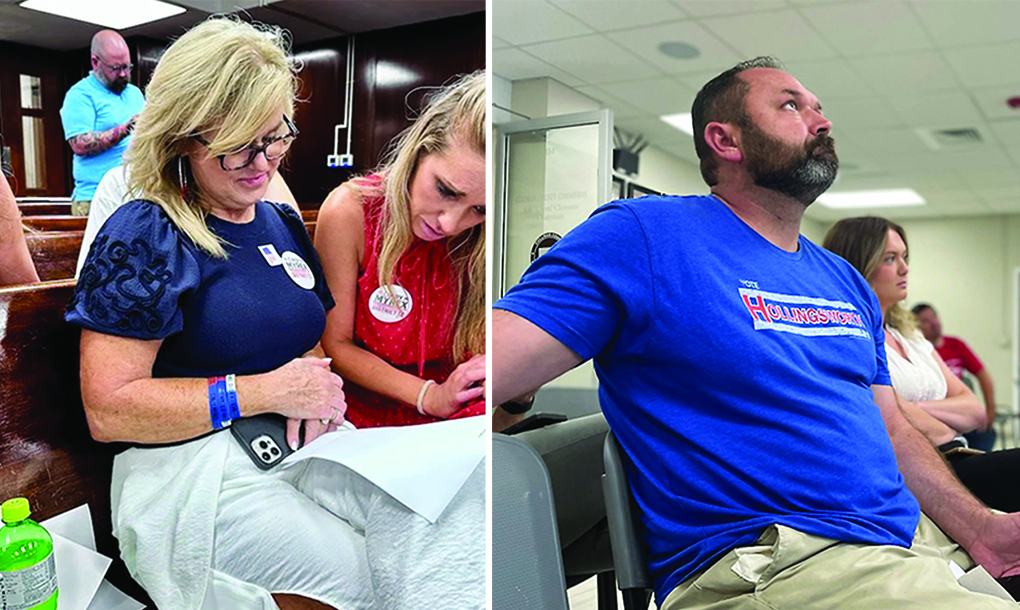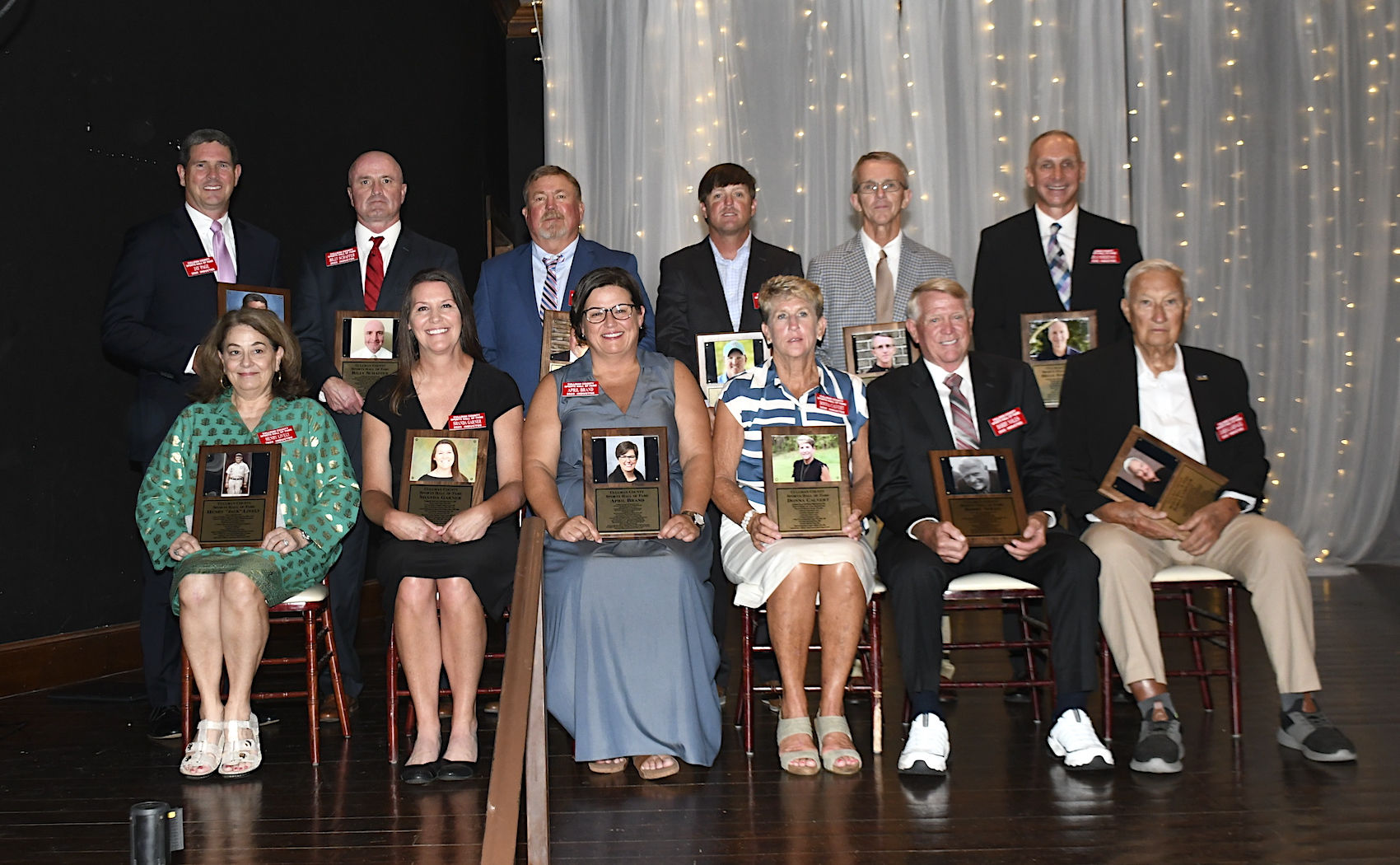Thank a Farmer: Gleann Brook Acres brings Scottish Highlands to Bremen
Published 5:30 am Wednesday, July 23, 2025
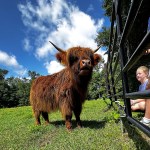
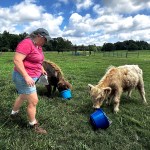
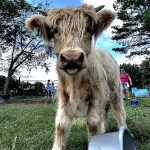
With their long, flowing, thick coats of fur and sweeping horns, the Scottish Highlands are easily one of the most iconic breeds of cattle, and for nearly the last 20 years, one local couple in Cullman County have proven that not only are they one of the most adaptable breeds, but also one of the easiest to raise.
Tracey Kerbler — a self proclaimed “city girl” from Toronto, Canada who now runs Gleann Brook Acres Farm in Bremen, Alabama — said she may not have always envisioned herself as a cowgirl, but that she had fallen in love with working with large animals after taking several vets tours as a teenager.
She would go on to get her Bachelor’s in Agriculture and a Master’s in reproductive physiology from the the University of Guelph and later worked as the head research technician for the university’s dairy cattle facility.
Trending
When Kerbler’s husband, Stephane Goyer, was relocated to Hoover, Alabama for work, she discovered there were no nearby dairy research facilities that would allow her to continue her work. But, was able to fulfill another long-time dream to own her own cattle.
It was Goyer who suggested Scottish Highlands over the standard angus breeds seen in most Alabama pastures. Kerbler admits she met the suggestion with at least a few questioning looks.
“I told him that he was silly and that those were yaks. I had done a lot of research with a lot of different breeds of cattle and there were never any hairy ones in the group,” Kerbler said.
Kerbler’s initial skepticism began to slowly chip away the more she began to research the breed and she said she eventually came to realize that Highlands fit into her family’s situation perfectly.
The cattle’s self-sufficiency and ability to calf unsupervised meant that Kerbler wouldn’t have to make as frequent of a drive to their pasture land in Jemison, Alabama and their mild temperament eliminated any worries of an ornery bull deciding to charge their children, Synclair and Sydnee, who were still young at the time.
One obstacle however, was whether raising Highlands would be successful in a hot and humid climate like Alabama’s after the breed had adapted for centuries to survive the harsh winters of western Scotland.
Trending
Unlike most cattle, whose warmth comes from thick layers of fat, Highlands are mostly lean animals with a double coat of hair that some researchers have said make them nearly as cold-tolerant as artic-dwelling caribou and reindeer. This, inversely, means that Highlands are not as naturally well-suited for warmer weather.
But Kerbler discovered that the same adaptability that allowed the breed to survive for centuries, could cause a relatively easy acclimation to Southern temperatures.
“I did work with researchers at Auburn University before we got started because there really weren’t any Highlands here in the South. What they told us was to bring in calves instead of momma cows because they would acclimate and their offspring would be fine. And that’s exactly what we did,” Kerbler said.
Kerbler said they began attending Scottish Highland conventions and built a network of trusted farmers across the Northeast to purchase calves between six and nine months to start their small herd of 16 heifers and one bull.
After the couple became empty nesters, they decided to relocate to a more rural setting and moved their fold, and themselves, to the rolling hills of Bremen.
Originally, Kerbler said Gleann Brook Acres had been more of an “all-compassing” cattle farm that raised cows from birth to provide beef, which the couple previously sold at the Cullman and Gardendale farmers’ markets. However, due to the rise in popularity the breed has experienced in recent years, she said customers began to purchase calves before any were old enough to provide beef. Today the farm operates entirely as a calving operation.
More than 260 Gleann Brook cattle occupy 15 different states. Kerbler said they have sold calves to farmers as far West as California and recommends the breed for anyone interested in starting their first herd of cattle.
While Kerbler said she has made a tremendous amount of memories with the curious and surprisingly personable breed of cattle, the most meaningful take away from the last 20 years has been how closely it has kept her relationship with Goyer.
“The biggest thing for me is that this is something that I get to do with my husband,” she said. “A lot of families, when their kids grow up, the mom and dad may not really have a connection anymore, but this has kept our connection close because we do have something in common to grow with.”
Patrick Camp may be reached by email at patrick.camp@cullmantimes.com or by phone at 256-734-2131.





